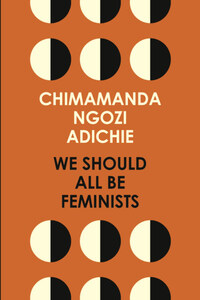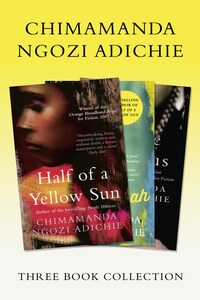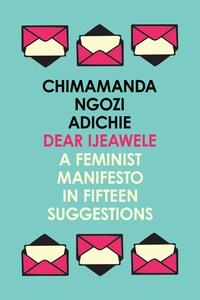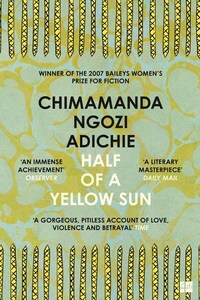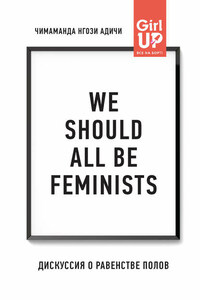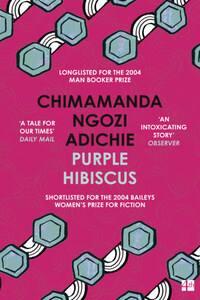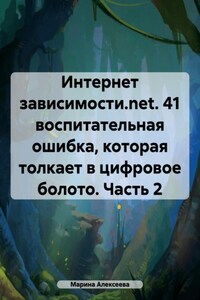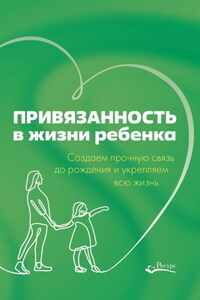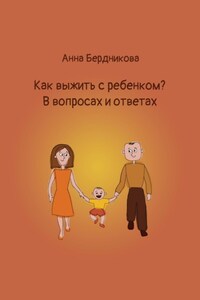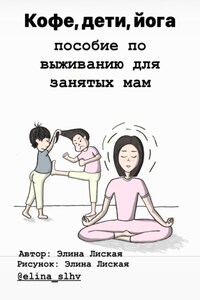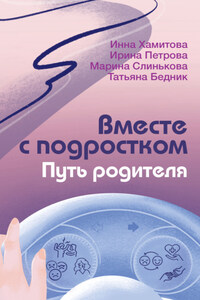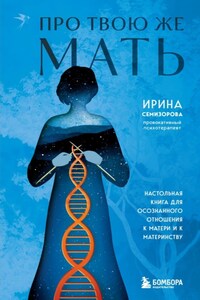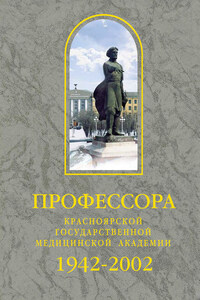Fourth Estate
An imprint of HarperCollinsPublishers
77–85 Fulham Palace Road,
Hammersmith, London W6 8JB
4thestate.co.uk
This eBook first published in Great Britain by Fourth Estate 2014
First published as a Vintage Original eBook in the United States in 2014 by Vintage Books, a division of Random House, LLC, New York, a Penguin Random House company
Copyright © Chimamanda Ngozi Adichie 2014
We Should All Be Feminists was first presented as a TED talk given in the United Kingdom at TEDxEuston, in 2012
Chimamanda Ngozi Adichie asserts the moral right to be identified as the author of this work
A catalogue record of this book is available from the British Library
All rights reserved under International and Pan-American Copyright Conventions. By payment of the required fees, you have been granted the non-exclusive, non-transferable right to access and read the text of this e-book on screen. No part of this text may be reproduced, transmitted, down-loaded, decompiled, reverse engineered, or stored in or introduced into any information storage and retrieval system, in any form or by any means, whether electronic or mechanical, now known or hereinafter invented, without the express written permission of HarperCollins.
Source ISBN: 9780008115272
Ebook Edition © October 2014 ISBN: 9780008115289
Version: 2014-08-22
This is a modified version of a talk I delivered in December 2012 at TEDxEuston, a yearly conference focused on Africa. Speakers from diverse fields deliver concise talks aimed at challenging and inspiring Africans and friends of Africa. I had spoken at a different TED conference a few years before, giving a talk titled ‘The Danger of the Single Story’ about how stereotypes limit and shape our thinking, especially about Africa. It seems to me that the word feminist, and the idea of feminism itself, is also limited by stereotypes. When my brother Chuks and best friend Ike, both co-organizers of the TEDxEuston conference, insisted that I speak, I could not say no. I decided to speak about feminism because it is something I feel strongly about. I suspected that it might not be a very popular subject, but I hoped to start a necessary conversation. And so that evening as I stood onstage, I felt as though I was in the presence of family – a kind and attentive audience, but one that might resist the subject of my talk. At the end, their standing ovation gave me hope.
We Should All Be Feminists
Okoloma was one of my greatest childhood friends. He lived on my street and looked after me like a big brother: if I liked a boy, I would ask Okoloma’s opinion. Okoloma was funny and intelligent and wore cowboy boots that were pointy at the tips. In December 2005, in a plane crash in southern Nigeria, Okoloma died. It is still hard for me to put into words how I felt. Okoloma was a person I could argue with, laugh with and truly talk to. He was also the first person to call me a feminist.
I was about fourteen. We were in his house, arguing, both of us bristling with half-baked knowledge from the books we had read. I don’t remember what this particular argument was about. But I remember that as I argued and argued, Okoloma looked at me and said, ‘You know, you’re a feminist.’
It was not a compliment. I could tell from his tone – the same tone with which a person would say, ‘You’re a supporter of terrorism.’
I did not know exactly what this word feminist meant. And I did not want Okoloma to know that I didn’t know. So I brushed it aside and continued to argue. The first thing I planned to do when I got home was look up the word in the dictionary.
Now fast-forward to some years later.
In 2003, I wrote a novel called Purple Hibiscus, about a man who, among other things, beats his wife, and whose story doesn’t end too well. While I was promoting the novel in Nigeria, a journalist, a nice, well-meaning man, told me he wanted to advise me. (Nigerians, as you might know, are very quick to give unsolicited advice.)
He told me that people were saying my novel was feminist, and his advice to me – he was shaking his head sadly as he spoke – was that I should never call myself a feminist, since feminists are women who are unhappy because they cannot find husbands.
So I decided to call myself a Happy Feminist.
Then an academic, a Nigerian woman, told me that feminism was not our culture, that feminism was un-African, and I was only calling myself a feminist because I had been influenced by Western books. (Which amused me, because much of my early reading was decidedly unfeminist: I must have read every single Mills & Boon romance published before I was sixteen. And each time I try to read those books called ‘classic feminist texts’, I get bored, and I struggle to finish them.)
Anyway, since feminism was un-African, I decided I would now call myself a Happy African Feminist. Then a dear friend told me that calling myself a feminist meant that I hated men. So I decided I would now be a Happy African Feminist Who Does Not Hate Men. At some point I was a Happy African Feminist Who Does Not Hate Men And Who Likes To Wear Lip Gloss And High Heels For Herself And Not For Men.
